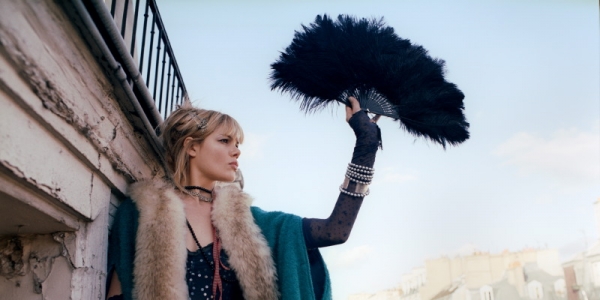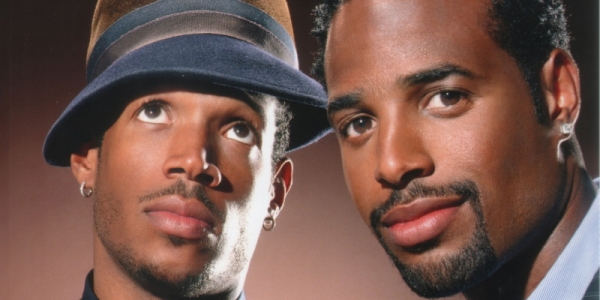So how did an 18-year-old from Australia end up fronting a Parisian black humoured pop band? “I think it’s important to incorporate what’s in your environment when you create, not just what you know,” Miranda says. “I know rock and I wanted to put rock into the performance while using the instrumentation I was finding around Paris which is basically classical instruments with funky swing players. I wanted to take dark subject matter and put it against that sort of musical backdrop.”
Her music sits within a peculiarly niche genre yet has the ability to appeal to diverse audiences – her pulsating onstage appeal probably helps things along as well. The problem she finds, however, is that her hometown audience of French-speaking Parisians occasionally miss the understated irony of her lyrical content. “I think only people who speak English can get the subtlety of it all,” she explains. “In France, they probably think I’m just singing pretty songs and don’t realise I’m singing about suicidal girls in asylums and things like that. I appreciate playing to audiences who have a good grasp of English lyrics and understand the songs. Alternative radio has been getting it but mainstream radio is like ‘what the hell do we put this next to?’”
While Nadéah’s music is dripping with a strong theatrical presence, the songs are born from an intensely personal place. “You can’t embrace something that doesn’t exist within you on some plane,” she says. “The alcoholic, the happy, the contemplative – they’re all different characters but all of those characters are possibilities within ourselves and it just comes down to whether you want to go there. I think what’s really good is that if you’ve had a gamut of experience that help you create these ideas, people in the audience will really open their hearts to you. When I play Even Quadriplegics Get The Blues, I get up there and I come from a place, hopefully, of vulnerability so that I can connect with people.”
The birth of her latest album was a painful one, with chaos all around her she managed to channel deportation and the crippling of her partner into something beautiful. “I wanted to do something during a really messed up moment in my life,” she says. “My boyfriend at the time had become quadriplegic, I’d been kicked out of England, and all these weird, dodgy things had happened around me. I realised I had to do something with this stuff that had some humour and some distance so that I could play this music and come home feeling great every night. I think I’ve achieved that.”
This is where things get confusing. On the surface, as you scan the song titles, Nadéah’s music could look like a comedic set but like all great comedies, tragedy is not far behind. While she may wonder whether her French audience understands the back-handed cheek of her music (she says that “they only seem to care about French lyrics and other than that, just enjoy the melodies”), the handful of times she has toured Australia has seen her audience experience the gamut of emotions that are expressed in her music. We get it – when shit gets hard, laugh. “A song like Even Quadriplegics Get The Blues, people hear the title and have a chuckle and by the end of the song people are crying. I like that discomfort about the album where people are thinking ‘Is this true? Is it not true? Is she for real?’ That’s what I wanted to portray.”
BY KRISSI WEISS

